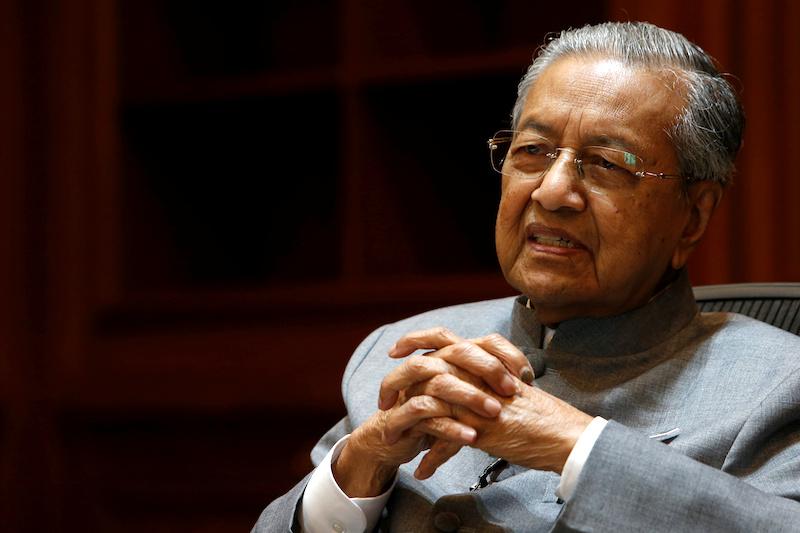KUALA LUMPUR—Malaysia’s Finance Minister Lim Guan Eng said on Oct. 9 that maintaining earlier fiscal targets would be “foolish”, as the government struggles with liabilities of around 1 trillion ringgit ($240.67 billion).
Prime Minister Mahathir Mohamad, who unexpectedly won a general election in May, has blamed the previous administration of Najib Razak for taking the country into such heavy debt, partly as a result of 1MDB, a failed state fund which is now the focus of corruption and money laundering investigations in Malaysia and other countries.





